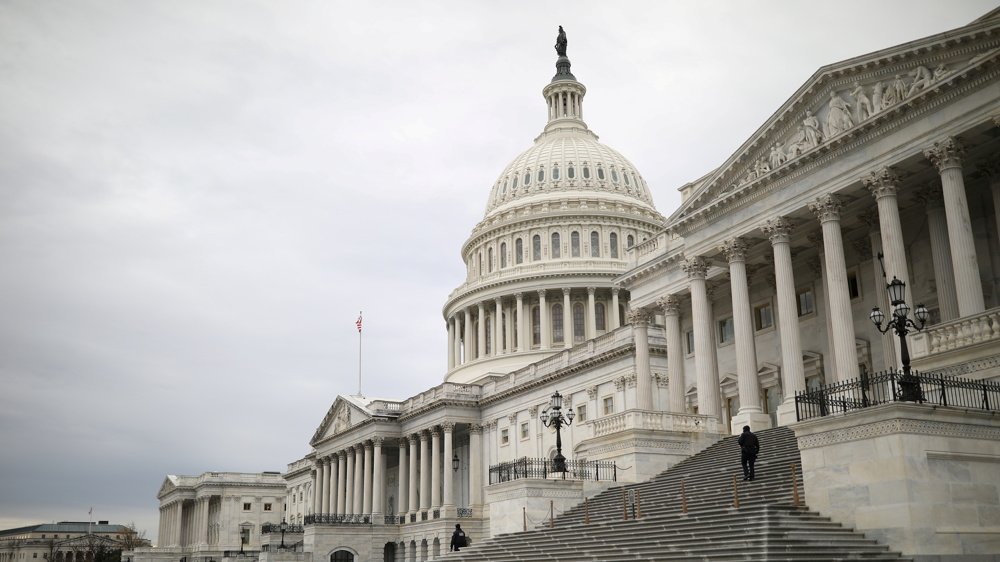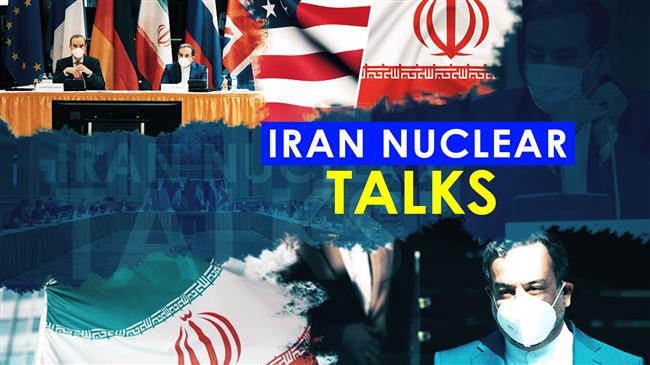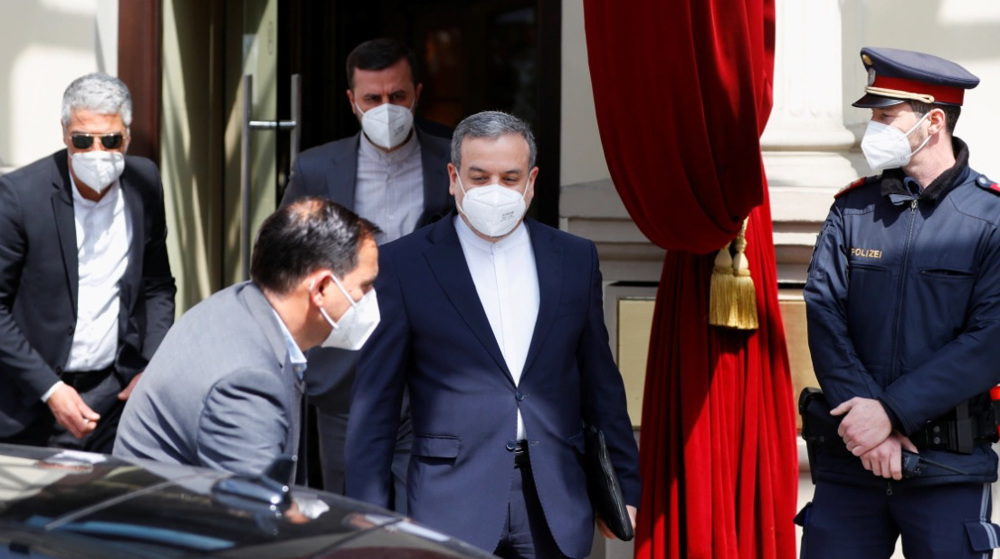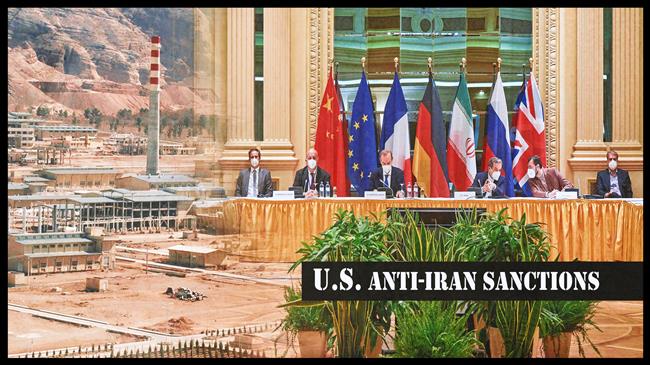Republicans follow Trump Iran policy as they, like Democrats, are warmongers: Analyst
Republicans in the United States are still following the Trump administration’s policy toward Iran because they, like Democrats, are “warmongers” and support the idea of “American exceptionalism,” says a political analyst.
Myles Hoenig made the remarks in an interview with Press TV when asked about new legislation introduced by Republicans on Wednesday which contains the “largest package” of sanctions against Iran.
The bill, dubbed the Maximum Pressure Act, aims to prevent the Joe Biden administration from potentially removing the sanctions that Washington re-imposed against Tehran when it left a landmark nuclear agreement, known as the Joint Comprehensive Plan of Action (JCPOA), in 2018.
The bill, spearheaded by the Republican Study Committee, seeks to force the Biden administration to submit any revamped nuclear deal with Iran to Congress for review before it is approved.
Hoenig said that there are two reasons why Republicans are still following former president Donald Trump’s foreign policy strategy.
“The first is that the majority of Republicans in Congress either are catering to Trump’s supporters or fear their wrath if they oppose anything Trump has promoted. Every two years Congress is elected. Even those who have condemned Trump for instigating the January 6 insurrection kowtow to him, as they humbly kiss his ring down at Mar-a-Lago, looking for an endorsement, or at least a photo op for their campaigns.”
Another reason is, he said, that “the Republicans, like the Democrats, are warmongers. They support the dangerous notion of American exceptionalism and any nation that dares to defy US hegemony or diktats will feel the wrath of such policy makers.”
He also said Israel plays an important role too as it “claims that Iran is an existential threat to it, that alone dictates US policy.”
Trump pulled the US out of the JCPOA in May 2018 and restored the economic sanctions that the accord had lifted in addition to imposing new non-nuclear ones. Tehran returned the non-commitment of the US to the deal with remedial nuclear measures that it is entitled to take under the JCPOA’s Paragraph 36.
The Biden administration has claimed that Washington is ready to rejoin the deal. The Islamic Republic has, however, insisted that it would only stop its adherence to the JCPOA paragraph once the US lifted all the sanctions in one step and after Iran has verified that the sanctions relief has actually taken place.
The US so far failed to meet Iran’s condition. The diplomatic process began in Vienna on April 6 aimed at ending the dispute over the JCPOA.
Meanwhile, the Maximum Pressure Act limits Biden’s ability to unilaterally ease sanctions via executive order and Hoenig said this will help Republicans in their bid to re-assert their role in foreign affairs.
“Trump was known for his excessive use of the executive pen with his EOs. For many Republican lawmakers who feel, or at least publicly state, that the election was rigged, denying or limiting President Biden’s use of executive orders regarding sanctions is a bit of payback. One other issue is that the Congress and President historically have been at odds over who controls what, based on how the Constitution is interpreted. Under Obama the Congress controlled nearly all aspects of policy. Under Trump it was the president with support of his party. With a Democrat in the White House, the Republicans in Congress are attempting to re-assert their role, especially in foreign affairs.”
Asked about how other parties to the deal might react to the introduction of the new legislation, Hoenig said, they will put pressure on the new US president, but noted Biden will be in a predicament.
“If he adheres to what the others request, or demand, it would show the US to be in a subservient position, something the US is incapable of accepting. On the other hand, he wants to show that the US is back in the game, calling the shots and expecting others to follow along. The winner in the long run would be Iran as dissension often benefits the one with the weaker hand.”
Mediterranean dockworkers stage coordinated strike in solidarity with Gaza
US intel. chief blocked report on ‘call between foreign agent and Trump associate': Whistleblower
VIDEO | Al-Zahra: Once vibrant Gaza City reduced to ruins in Israeli bombing and selling
Iraqi volunteers enlist to support Iran against potential US attack
ICE secretly deports Palestinians in Trump ally's private jet to Israel: Report
VIDEO | Press TV's news headlines
IRGC captures nearly a dozen PJAK terrorists in western Iran
Iran, Qatar say keeping regional peace is shared responsibility













 This makes it easy to access the Press TV website
This makes it easy to access the Press TV website